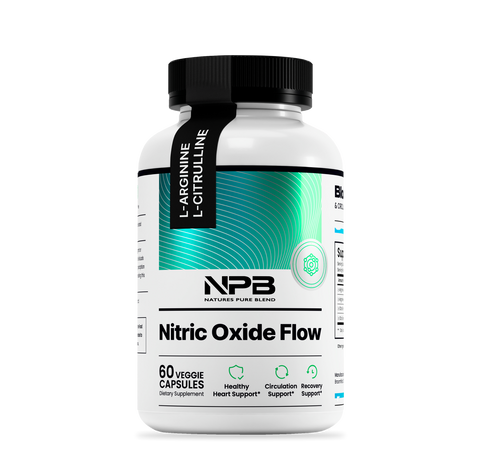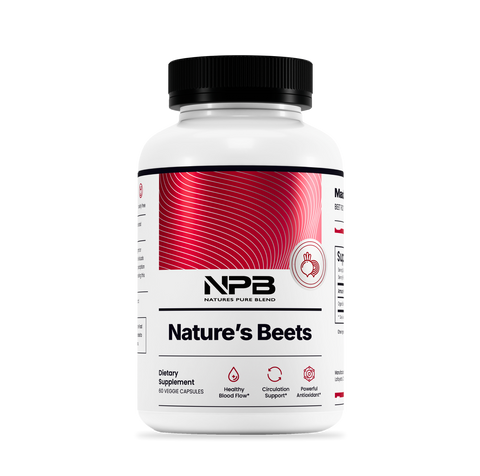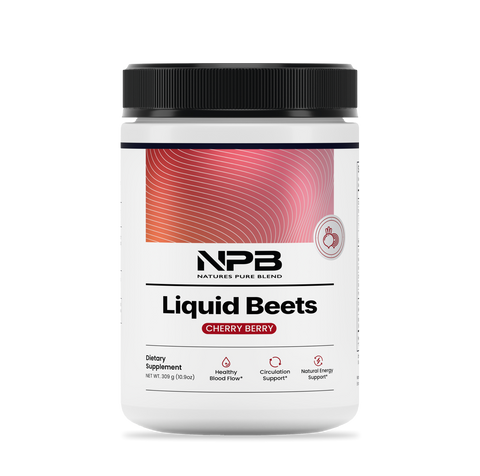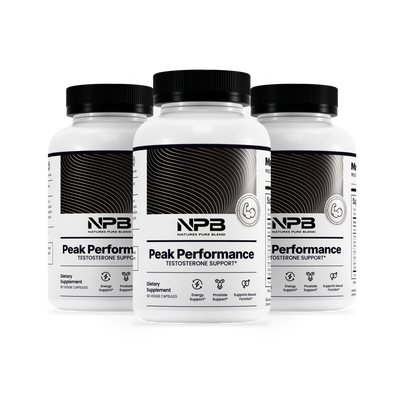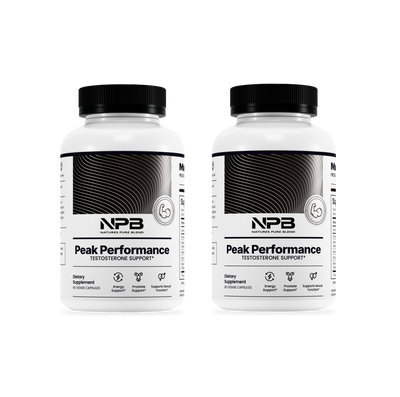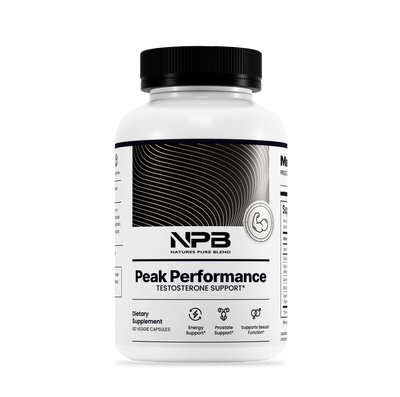Testosterone is a hormone produced by both men and women, but it’s still the primary male sex hormone, functioning mainly in developing physical appearance and sex drive. The most notable contributions of the hormone are supporting the body’s fat distribution, building muscle mass, facilitating the growth of body/facial hair, and driving sperm production. Most reach peak production of testosterone between the ages of late teens to early twenties, but after this, it’s common to experience a gradual decline in these levels after age 30. Although these levels decrease naturally over time, there are still different ways you improve them even as you age.
1. Get a Good Amount of Quality Sleep
Sleep is the body’s greatest antidote to nearly all problems that arise. While sleep can help boost your immune system, strengthen your heart, and let you live longer, another major benefit is that it optimizes your hormone levels. One study found that those who consistently slept 4 hours or less per night were deficient in their testosterone levels.
[1]
2. Start to Exercise Regularly
Much like sleep, regular exercise routines have substantial health benefits. It’s no secret that exercising or lifting weights can make you feel energized, but this energy is also due to increased testosterone levels. Structured cardio exercises and weight lifting are the most effective ways of improving hormone levels, but almost all forms of exercise are beneficial to some extent. Maintaining a solid exercise schedule can allow you to boost testosterone levels not just for the extent of your workout, but for a lifelong benefit.
3. Minimize Stress
Cortisol is the hormone your body uses to respond to stress, and its levels work in the inverse of testosterone. The more cortisol your body has, the less testosterone you will produce. Long-term stress is one of the biggest contributors to shorter lifespans, but this is from the effects it has throughout your entire body. While it’s commonly thought that low testosterone only creates a risk of erectile dysfunction, it can actually also contribute to weight gain, decreased energy, and depression. Long-term stressors may only encourage these things, so it’s best to keep your cortisol levels low in order to keep your testosterone levels high.
[2]
Conclusion
A drop in libido is rarely an isolated issue—it's often part of a bigger shift affecting your energy, body composition, mental focus, and recovery. Addressing these physical changes early can help you maintain vitality, restore balance, and keep desire strong.
